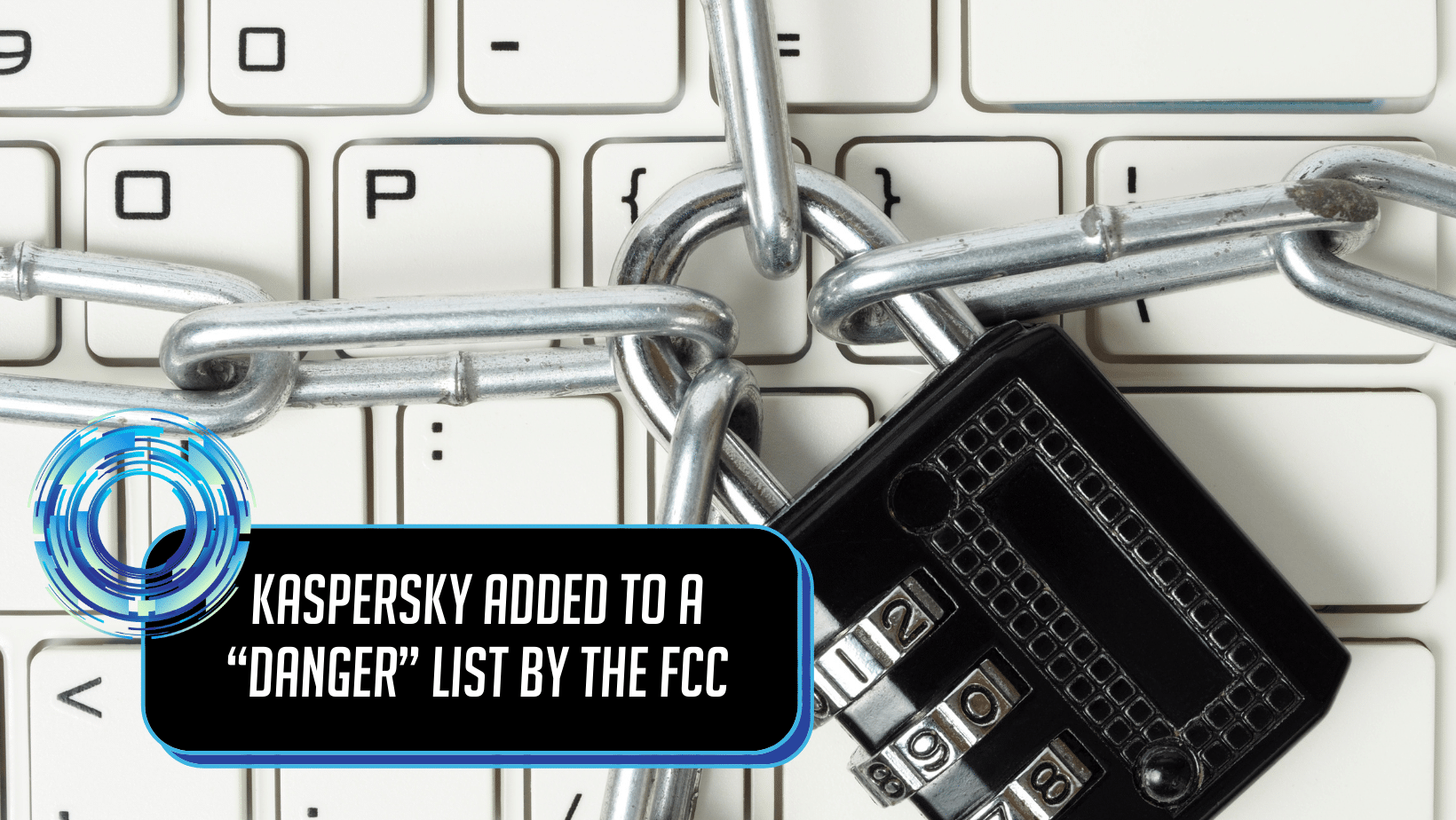
02 Apr Kaspersky added to a “danger” list by the FCC
Kaspersky is a widely used anti-virus platform that’s freely available to users, but with the Russian invasion of Ukraine, the FCC has declared it a security threat. Essentially, the FCC has a shorthand list of entities it considers an “unacceptable risk” to the United States public. Because of Kaspersky’s origins in Russia, this is reason enough for them to declare it a threat. For the majority, Chinese state actors and software populate most of the list.
While the list involves a ruling in 2017, it primarily involves businesses and federal agencies. Essentially, under the September 2017 order, the Department of Homeland Security dictates entities on the FCC list are a high threat, and thus should not be used by businesses or federal entities. That umbrella includes either hardware or software.
Is Kaspersky actually dangerous?
This is the question. Kaspersky is, after all, an anti-malware platform. They promote encryption and data protection and have offered effective anti-virus support for years. So why now are they danger – or at least considered so by the FCC?
Primarily, it’s less about Kaspersky and more about local government authority. It is possible Russia’s government could arrest and take hold of Kaspersky’s data, which includes all clients they provide to around the world. And, given the hostile nature and current tensions (to put it mildly), it is a possibility. But is a possibility enough to warrant bans on Kaspersky services and products?
The parent company does not think so, and points out no malicious action or abuse has ever occurred during its 25 year service to both the US and globe. True enough, the desire to ban it as a service is motivated by active Russian hostilities.
Am I at risk?
Regardless of the politics at play, it’s valid to have concerns for your own information. Kaspersky has never demonstrated malcontent towards its userbase. However, powers beyond their control might create a level of unwanted risk. It comes down to a personal choice, or, a business one.
To make that choice, you have to consider hypothetical risks. Remember, it’s based on the assumption Kaspersky loses control of its data, which is an extreme scenario. But in that scenario, the following is possible:
- Personal data and business data is in control of potentially hostile entities
- Stolen and collected data could be used for complex malware attacks, of which Russian entities and ransomware gangs are notorious for
- Obvious loss of data, financial damage, business disruption, detriment to critical infrastructure
Those are a few examples of what could happen. However, it’s worth noting they’re similar to the fallout of cyberattacks from hacker gangs. It is not to suggest falling victim to a ransomware attack (or otherwise) is good, but characteristically, it’s not that different a scenario. Indeed, the scenario is of greater concern to federal and government bodies, who have legitimate reasons for caution against a hostile nation.
But, that doesn’t mean use of Kaspersky guarantees you are under the same level of attack.
If anything, the FCC decision signals a political shift, warranted or not. Given the spike of critical infrastructure attacks, majority of which originated in Russia, there is an emphasis for an “on guard” approach.
What you decide will depend on your experiences with Kaspersky (if any), and whether you feel the criteria is appropriate.
For other information, you can contact Bytagig today.
Share this post:

Sorry, the comment form is closed at this time.